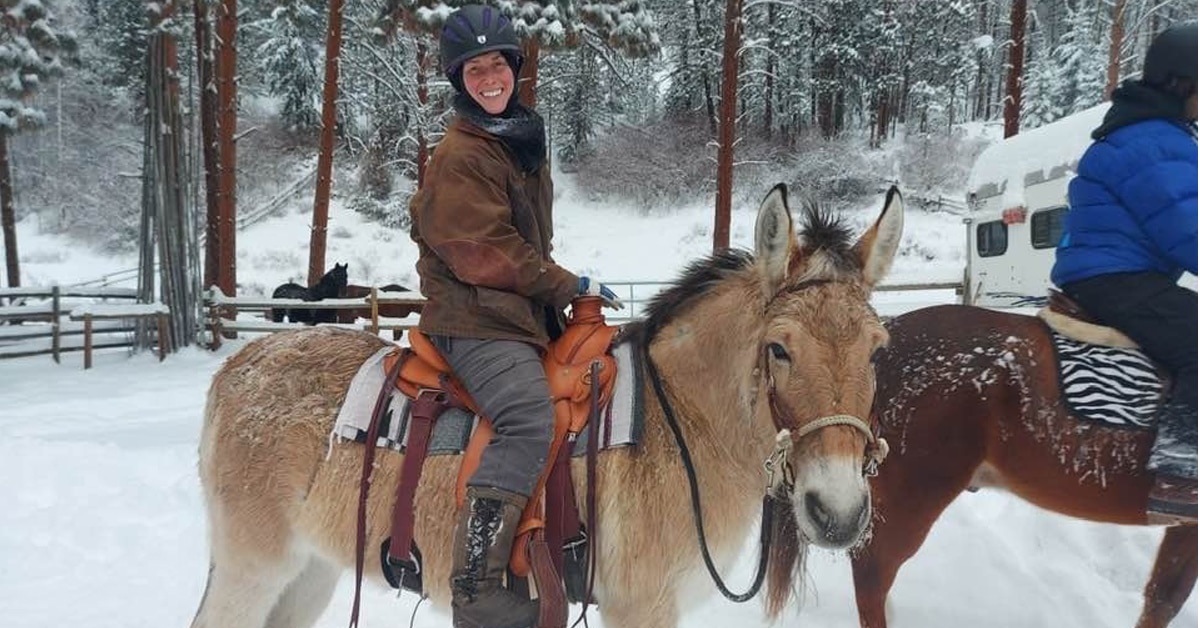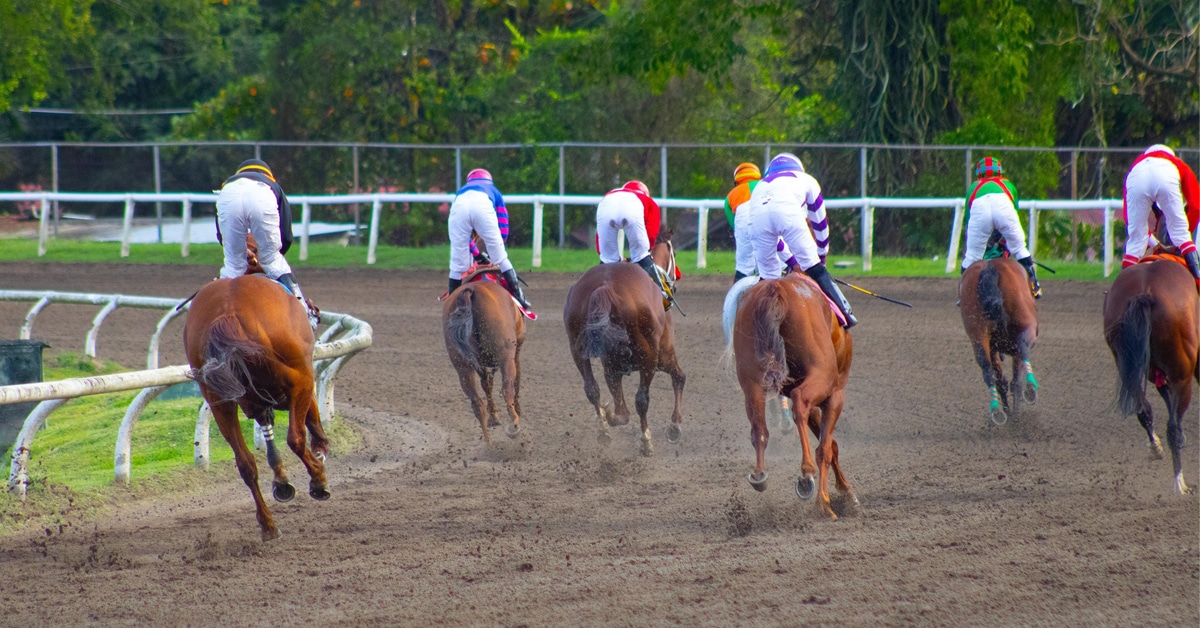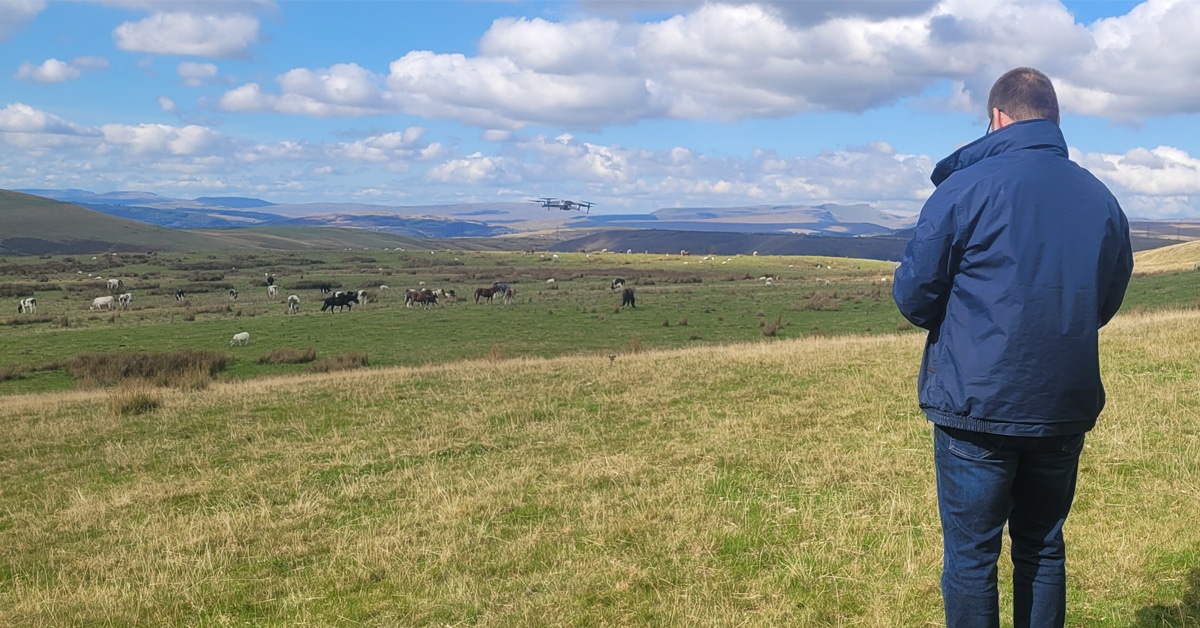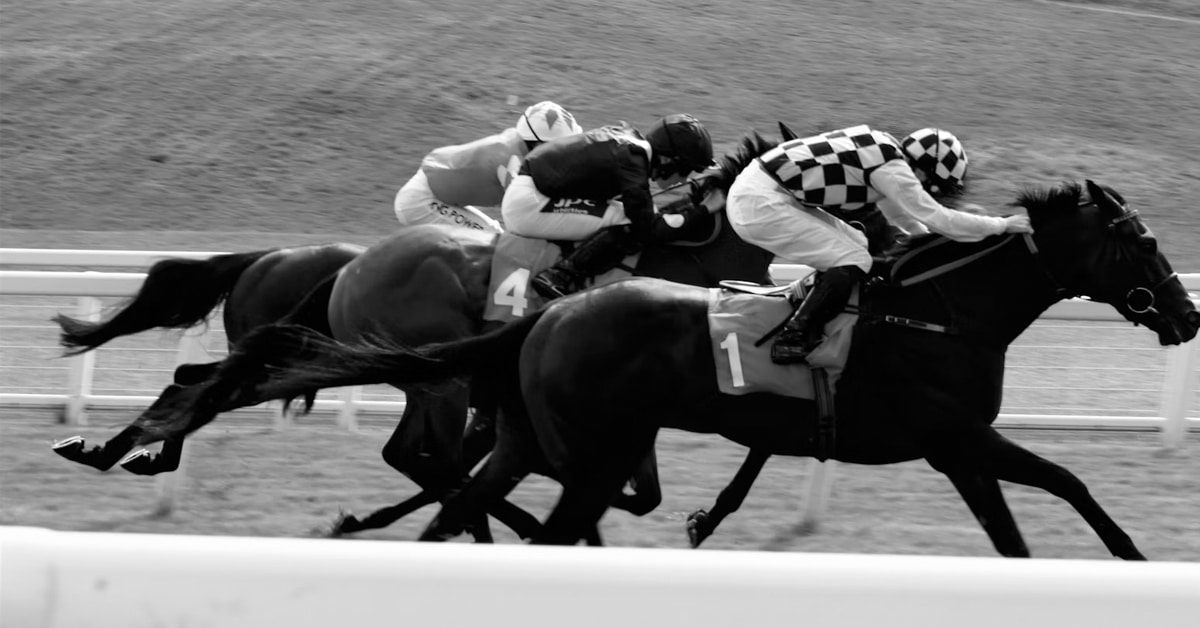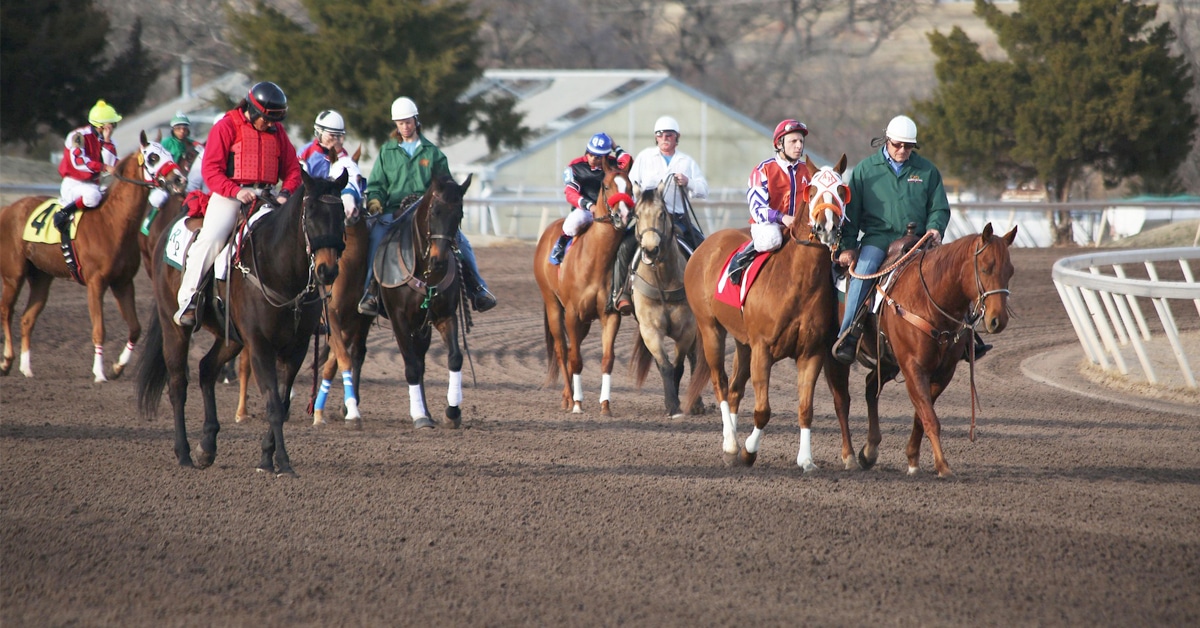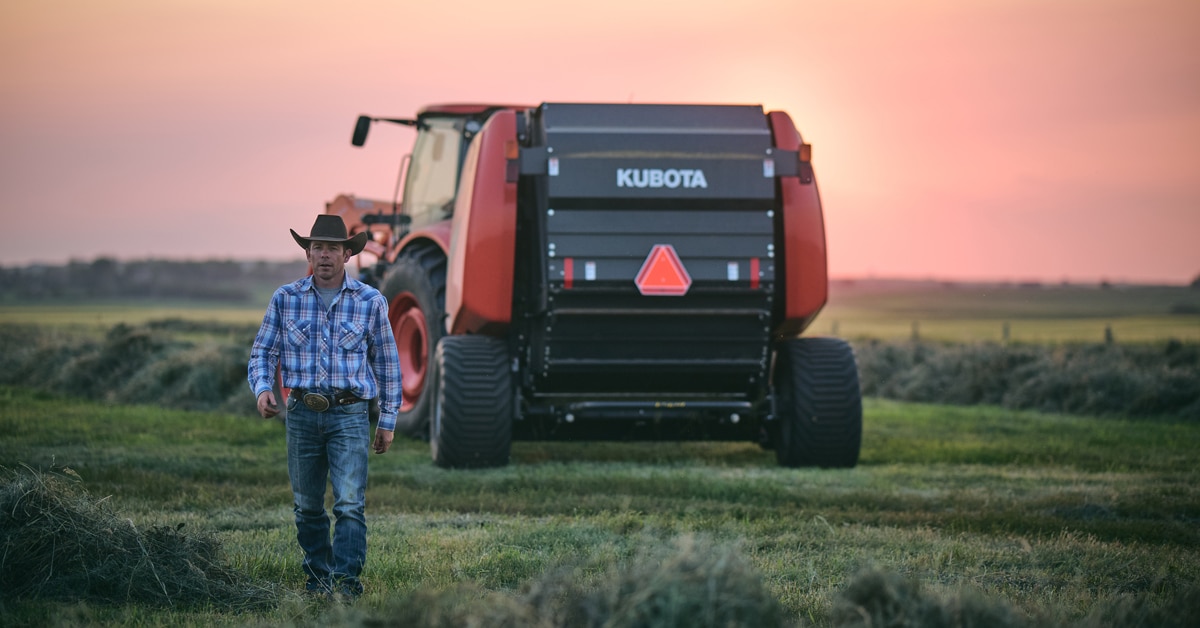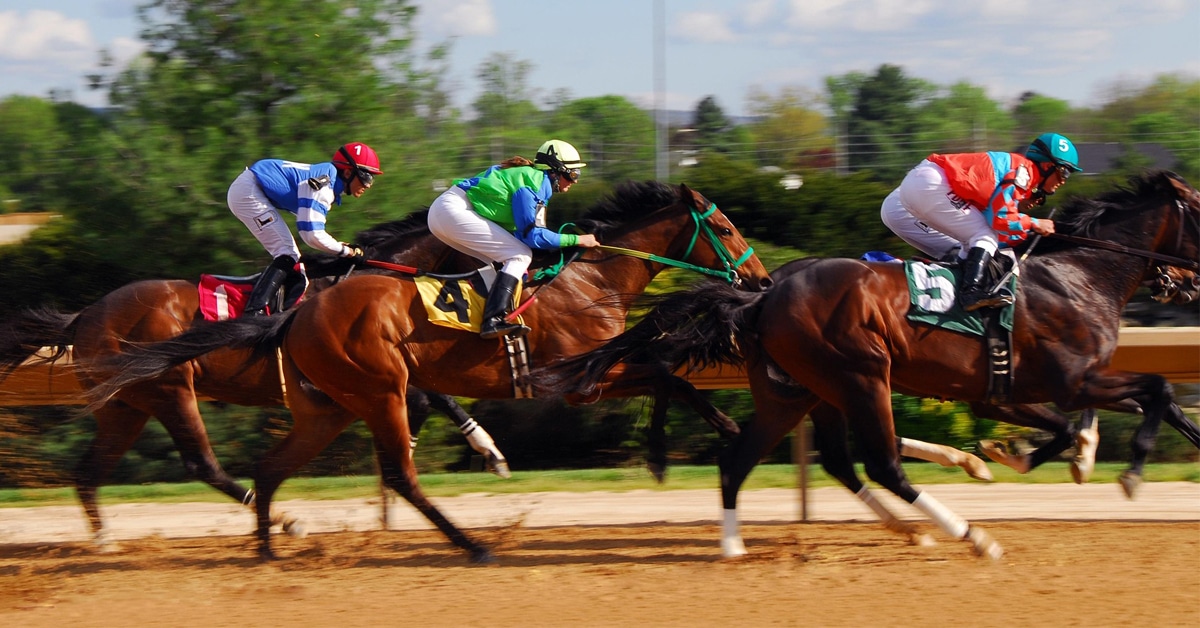When it comes to showing your age, you don’t need to look much further than your teeth. Human teeth shift, discolour, wear down, and fall out as we grow older. Horses are no different. While the old phrase, “never look a gift horse in the mouth” doesn’t really sum up dental issues per se, it does point out the importance of teeth and aging. In part four of our senior series, we went straight from the horse’s mouth to an equine dentist to learn everything we need to know about our horses and keeping their teeth healthy.
Dr. Elfriede Rosskopf graduated from the Ontario Veterinary College in 1981. After graduation she worked in a general equine practice for several years. She has since focused her practice on providing equine veterinary dentistry services since 2002, services which range from routine preventative maintenance and corrections of dental abnormalities, to consulting and performing surgical extractions.
Horse Canada: What are the major dental issues facing senior horses?
Dr. Elfriede Rosskopf: Horse’s teeth continually erupt and wear throughout their lifetime. Geriatric horses often have dental disease that has accumulated slowly throughout their lives. Some of the common things we see in older horses are worn or smooth teeth, loose or broken teeth, diastema (spaces in between the teeth that trap feed) and resulting periodontal disease, and a degenerative disease that affects the incisors called EOTRH (Equine Odontoclastic Tooth Resorption and Hypercementosis).
HC: What is EOTRH and can it be treated?
ER: EOTRH is a progressive degenerative disease affecting primarily the incisors (front teeth) and canines of older horses. As the disease progresses, the roots of the teeth resorb or dissolve and most of this occurs under the gums where it is hidden. It is diagnosed by radiographs. It becomes more painful as it progresses; one of the early signs is that horses have difficulty biting off a carrot with their front teeth. At the present time we do not know the cause of this disease, and there are no preventative measures. As the disease progresses the only treatment is extraction of the affected teeth.

Older horses who become sloppy eaters may have tooth problems to blame. (Amy Harris photo)
HC: What warning signs should owners look for when their horse is grazing or in the stall?
ER: Some of the signs that can indicate dental problems are dropping grain, eating slowly, quidding (dropping unchewed hay balls), drooling, head shaking, head tilting when eating, facial or jaw swelling, nasal discharge with a bad odour, having difficulty biting off a carrot. Many horses with dental problems will not show any obvious signs of discomfort at all and may even maintain good body condition.
HC: What sort of dental issues can you detect from observing a horse’s grazing and eating habits?
ER: Important information can be gained by observing the horse’s environment in the barn and turnout situations. You will need to know exactly what the horse is being fed and how much is consumed, the type and quality of hay and quantity of pelleted feed/grain. Does the horse have access to pasture and what is the quality of pasture that is available? Does the horse lose condition in the fall/winter when access to pasture is not available? Is the hay access restricted by slow feeding nets, which can cause problems for older horses with compromised incisors with EOTRH? Older horses are often pushed away from feeding areas by the younger horses, so even when feed is always available, they may not have the opportunity to have access.
HC: What warning signs should owners look for when it comes to dental issues when riding?
ER: Some signs related to dental issues when riding include changes in head carriage, head tossing or tilting, resistance to bitting and changes in temperament or demeanour. If a horse has been training well with a certain bit and now is having difficulty, it may not be time to change bits ‒ it may be time to have a dental exam done.
HC: How often should dental exams be done?
ER: Generally annual exams are recommended unless your horse has certain issues that require more regular attention. I prefer to check older horses in the fall as they tend to have more issues as they move into the winter months with weight loss. The dental exam should consist of a conversation with your veterinarian about general feeding and management protocols, riding concerns and any other health concerns that may be relevant in your older horse including any medications they are on.
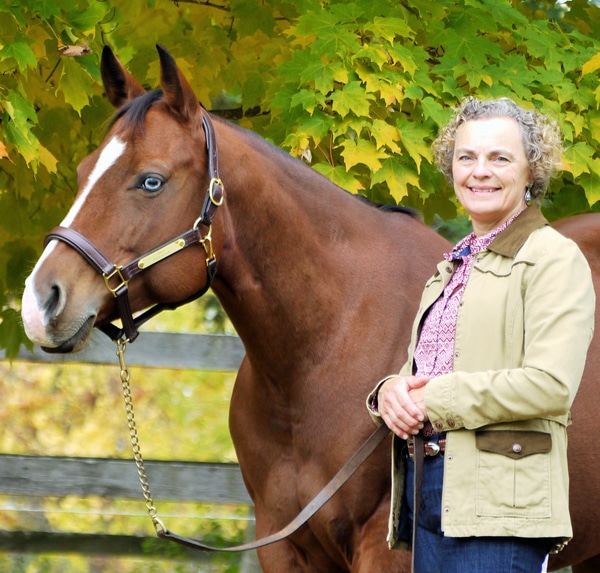
Dr. Rosskopf has been a horse owner and rider for almost 50 years and currently owns a Quarter Horse mare and an Appaloosa gelding.
A physical exam should reveal any abnormalities such as swellings or abnormal nasal discharge, odour from the mouth, poor body condition. The horse will be sedated (unless there is a predisposing condition that is not compatible with the medications), a speculum placed, the mouth rinsed, and a thorough oral exam done with a good light and mirror to allow a full evaluation of all of the surfaces of the teeth. A plan for treatment can be made after the exam is done. Often, managing a senior horse with dental issues also involves managing other health issues such as Cushing’s Disease and maintaining good body condition by making feed changes. Some older horses are unable to chew hay well enough to maintain their body weight as their teeth have worn out. These horses can do very well with soaked hay cubes. Your veterinarian can help you plan a suitable diet plan.
HC: What tips could you give to owners to help them keep their horse’s teeth healthy?
ER: Having regular dental exams is the primary way to ensure that your horse’s teeth are healthy, and you can prevent and treat any issues as they arise. Horses will not always show you that they have a problem. Be vigilant and watch for any subtle changes; you should become very familiar with what you consider to be normal for your horse. If you are concerned, have it checked out, even if they are not due for their check-up just yet. Trust your instincts!
***
Next up: What to do if the herd is picking on your senior horse.
The Latest
